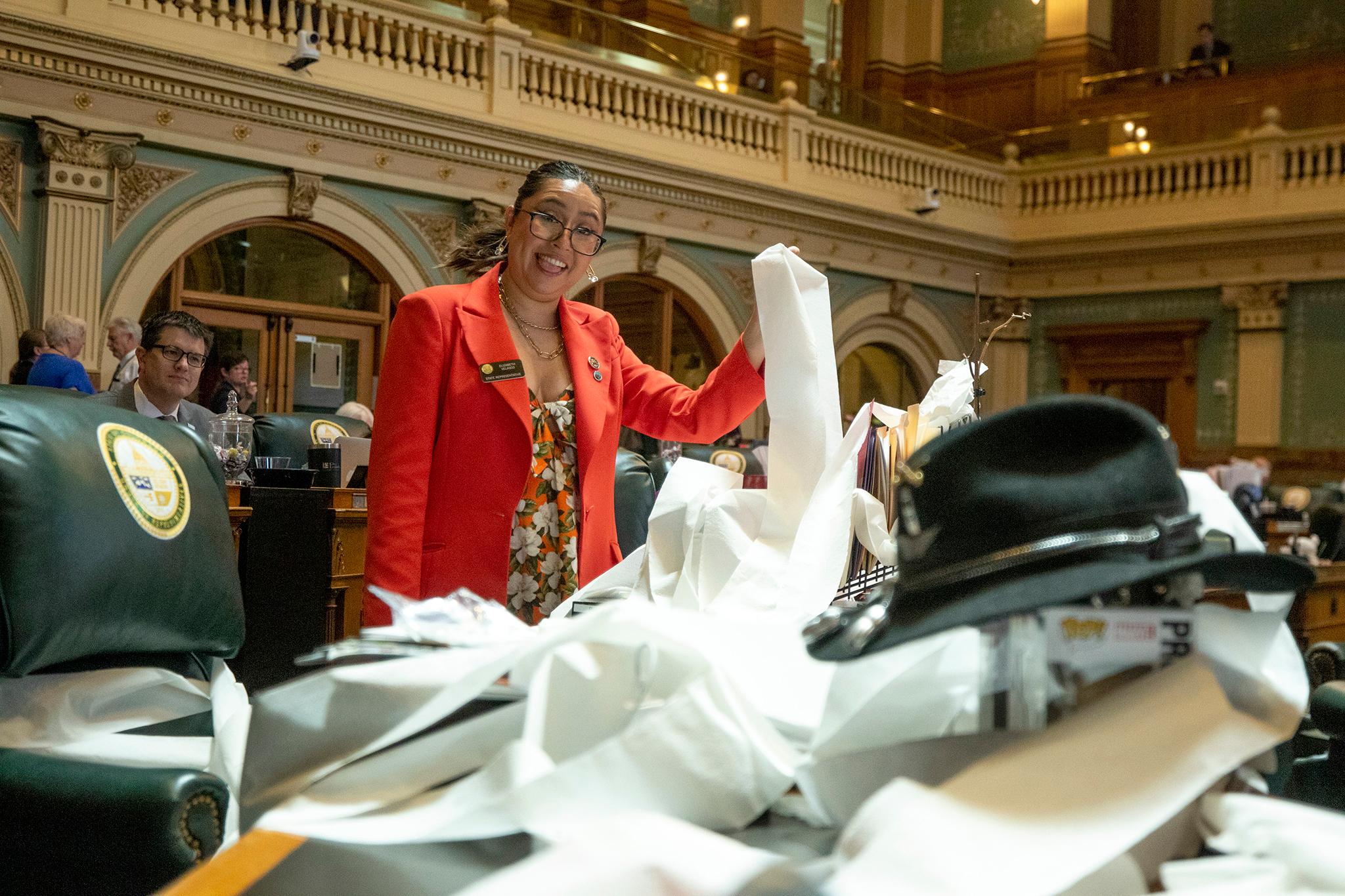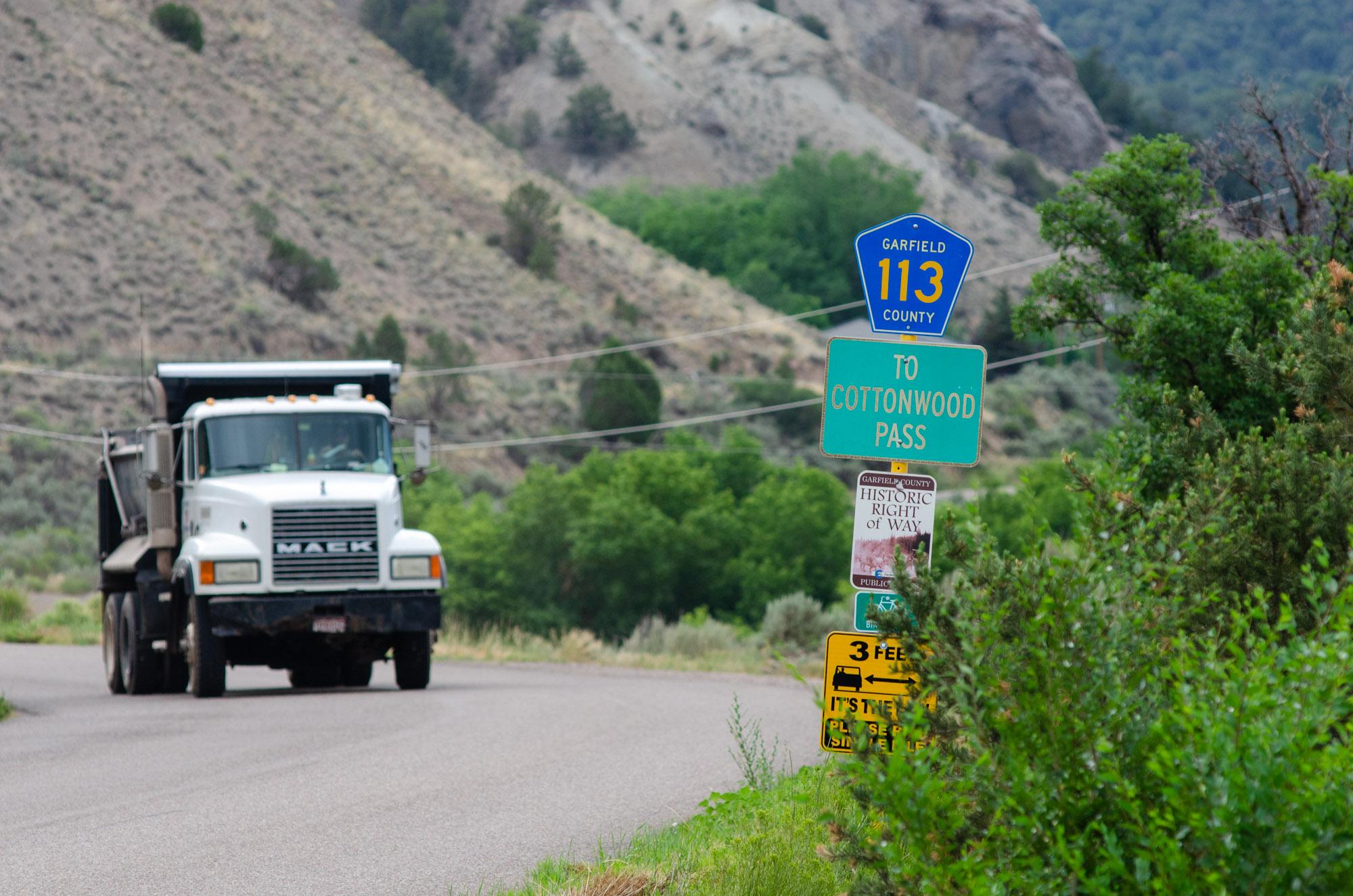After the FCC voted to repeal Obama-era net neutrality regulations last week, state Reps. Leslie Herod and Chris Hansen, both Democrats from Denver, took to Facebook Live to voice their opposition.
“Right now we are looking at legislative options and statutory options to protect consumers,” Hansen told the Internet masses.
Net neutrality rules prevented Internet Service Providers, like Verizon or CenturyLink, from prioritizing certain sites or apps over others. No online content could be blocked or forced to load at slower speeds.
Supporters say the repeal will generate competition and innovation. Opponents worry internet service could become more like cable TV. Rather than gaining access to the whole web, customers would only have access to the sites they have paid for.
So what can Colorado lawmakers do about it?
“We are working with stakeholders and trying to partner with broadband companies to come up with a plan that is uniquely Colorado,” said Herod.
She added that cooperation with ISPs is conditional: “If they take an adversarial position, we will have to treat it as such.”
Still, specific action remains unclear. Herod and Hansen said there are a range of options for coming legislative session, which starts Jan. 10.
One idea is to require ISPs to follow net neutrality rules if they want to use public rights of way to build out broadband or other internet infrastructure.
Another option is to make net neutrality a condition of contracts between the state and internet providers. Hansen described that option as using the “power of the purse.” Lawmakers could also pass a resolution calling on action in Congress.
Still another idea comes with the greatest legal risks. Colorado could follow the lead of other states, like New York and Massachusetts, and move to require net neutrality rules for all internet providers operating within state boundaries. In essence, net neutrality would be state law.
Hansen says the problem with that last idea is something known as federal preemption. Since internet traffic crosses state boundaries, a single state might not be able to impose its own regulations.
“If we just try to put our own rules from a regulatory standpoint or from statute, that would likely not survive review at the federal court level,” he said.
Both state lawmakers also called on action from Republican Attorney General Cynthia Coffman. They want her to join a planned lawsuit by New York State Attorney General Eric Schneiderman to challenge the rollback.
Coffman has yet to make a decision. In a statement, she said, “the best solution to the net neutrality debate would be for Congress to enact legislation to deal with the unique challenges of Internet provider regulation.”









